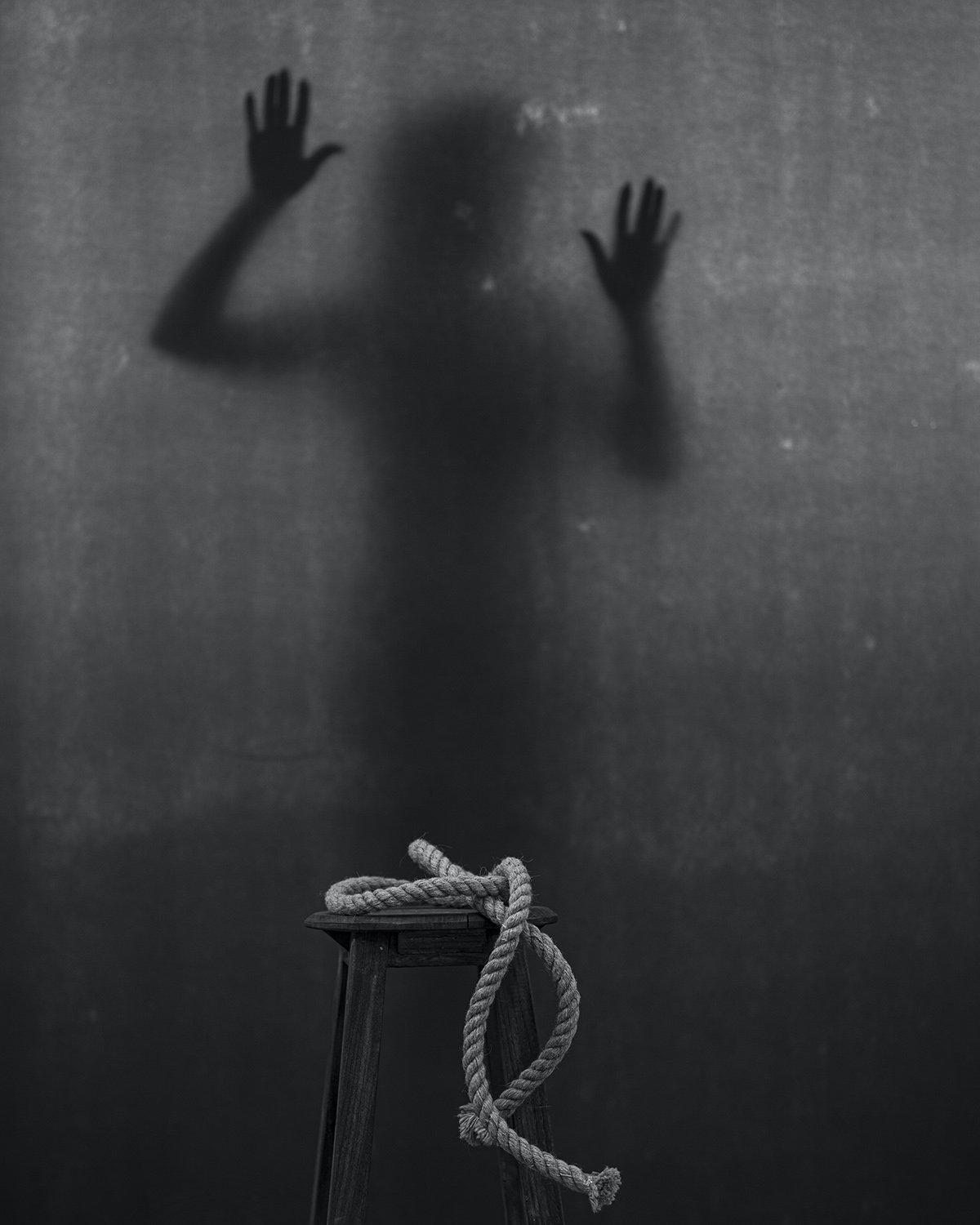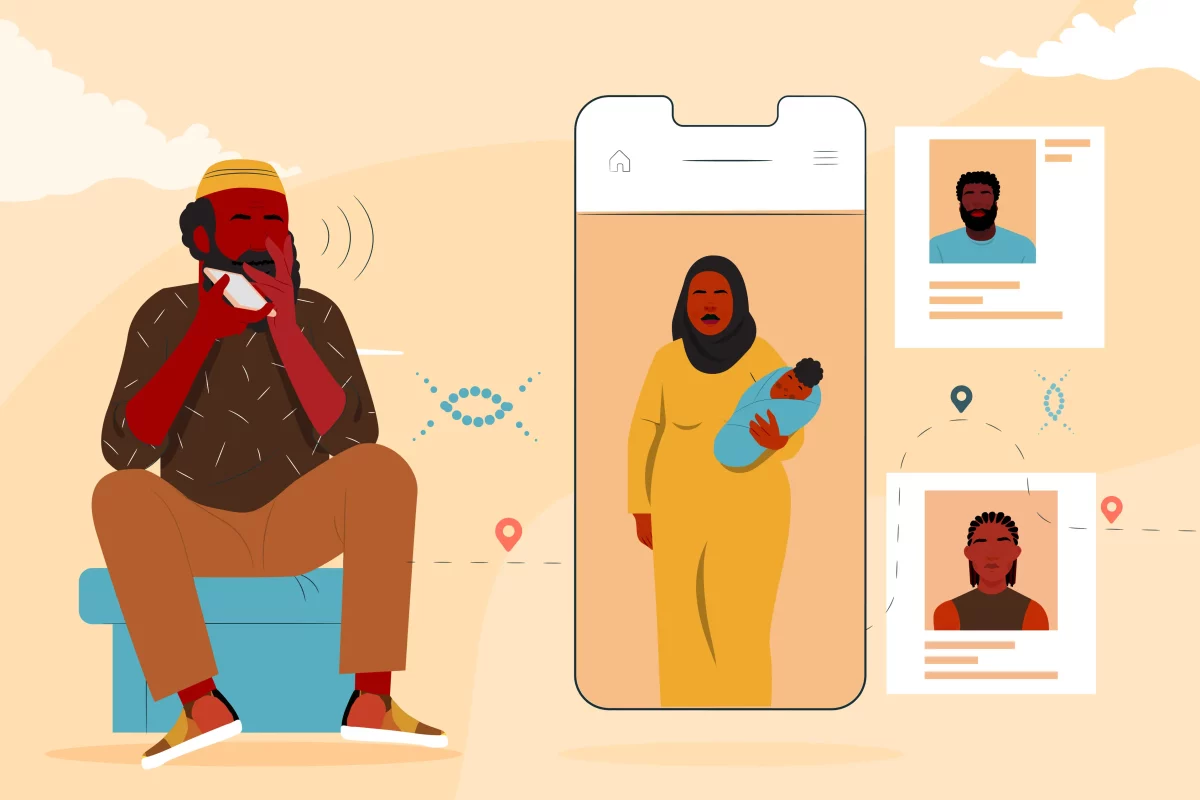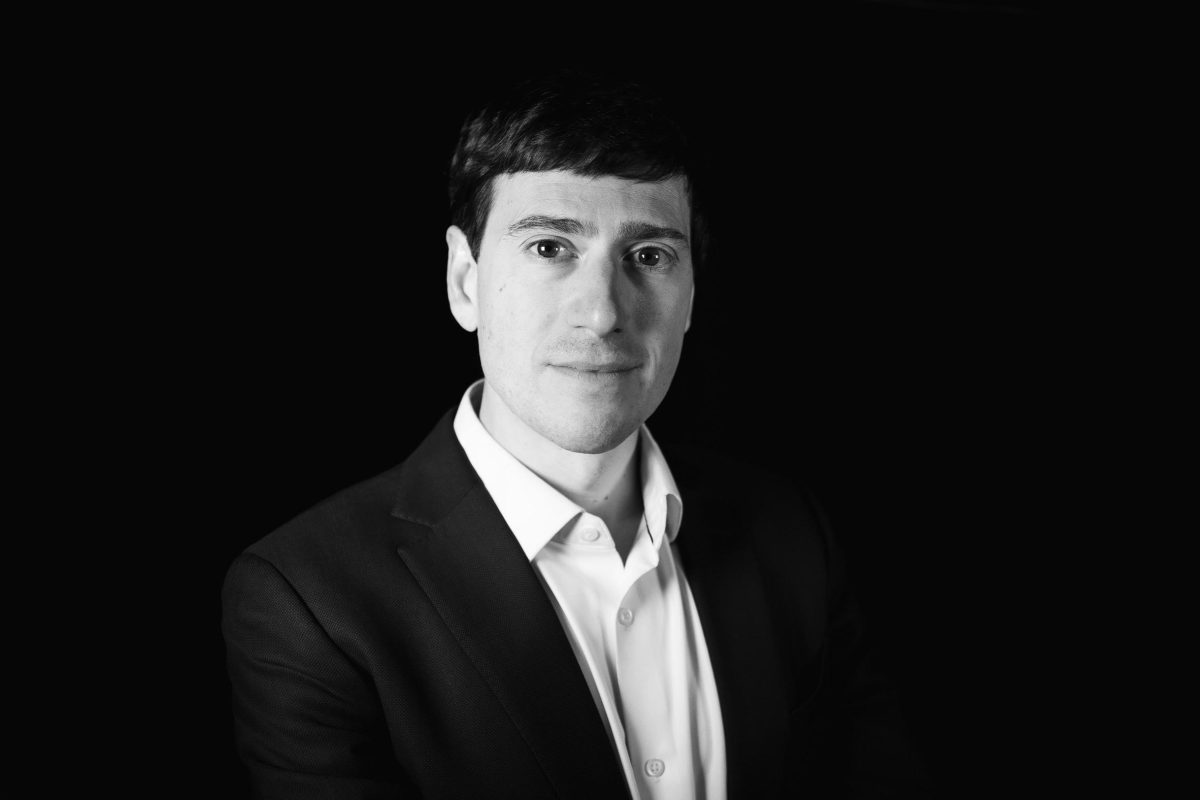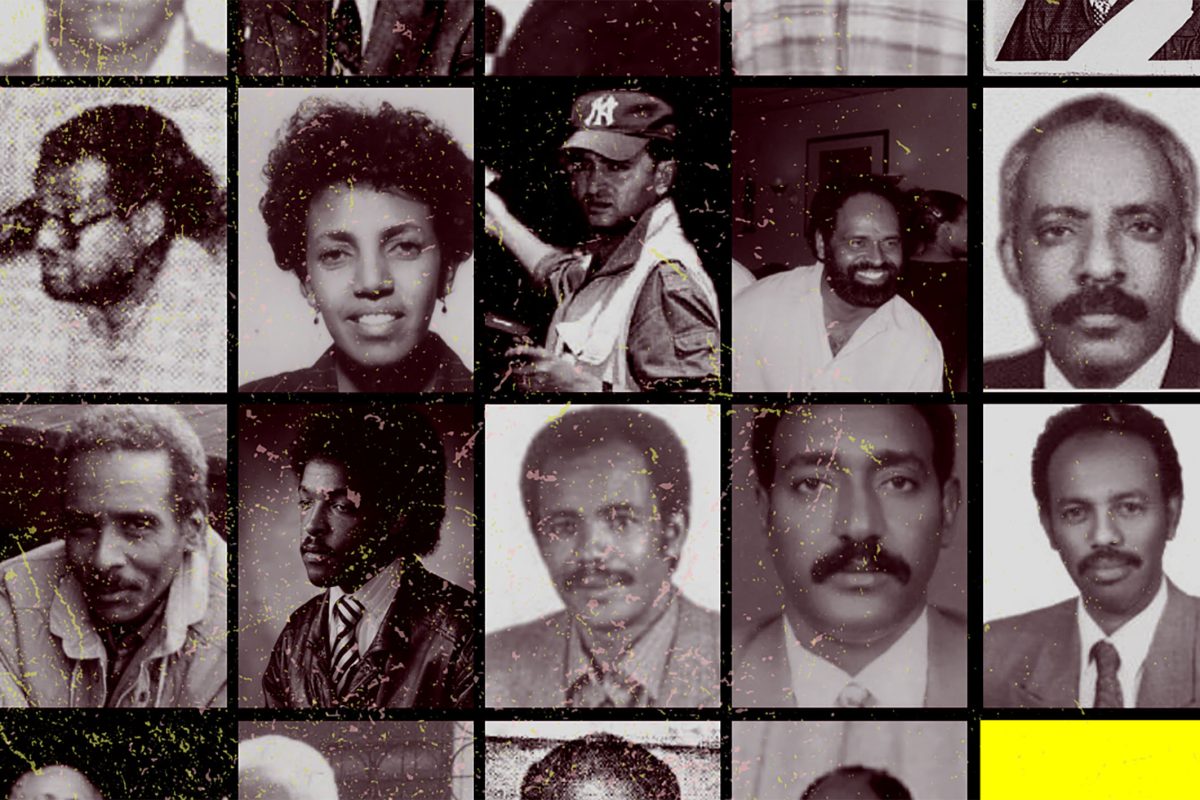In late July of this year, two elderly pastors, Pastor Ghirmay Araya and Pastor Samuel Okbamichael were reported to have been taken from their home in the middle of the night and taken to an unknown location. It is unclear why these pastors were imprisoned, as has been the case with many of the Eritrean government’s imprisonments. Prisoners are not told of their crimes or charged in court but are prisoned in harsh conditions incommunicado.
This is a continuation of the thousands of imprisonments of Eritreans who, according to the Eritrean government, strayed away from what it defines to be the rule of law. The video below is gospel singer Helen Berhane inside the White House’s Oval Office, speaking to President Trump about her imprisonment.
September 18, 2001, marks a dark history in the Eritrean justice system and the death of freedom of expression. Two decades ago this month, right after 9/11, while the world was focused on the US, Isaias Afwerki strategically arrested 11 high-level officials and generals of his administration, many of whom led the country to its independence, along with many journalists because they rightfully and publicly questioned his “illegal and unconstitutional rule.”
However, the imprisonments had started much earlier. Journalist Zemenfes Haile was imprisoned in January 1999 for speculative claims, followed by journalist Ghebrehiwet Keleta’s imprisonment in July 2000. Furthermore, on July 31, 2001, a student union leader of the University of Asmara, Semere Kesete, was arrested after giving a graduation speech. He expressed students’ frustration about university conditions and government interference in University affairs.
In August, this was followed by the imprisonment of up to 2000 students for protesting his arrest, two of which died of heatstroke in harsh prison conditions. Moreover, many religious leaders have been arrested over the years. To name a few, Abune Antonios, head of the Orthodox Church, was removed from his position in 2007 after criticizing the Eritrean government for interference in church activities and remains under house arrest to this day.
Kiflu Gebremeskel, founder and senior pastor of Southwest Full Gospel Church, and member of the executive committee to the Full Gospel Church of Eritrea, formerly a mathematics lecturer and department and faculty head at the University of Asmara, and who also had a Ph.D. in mathematics from Chicago University, was taken from his home in Asmara in May 2004.
Futsum Gebrenegus, Eritrea’s only psychiatrist, who also served as an Orthodox priest, was arrested in November 2004 for alleged involvement in the renewal movement within the Orthodox Church.
Imprisonment of Children
However, the government also shows no mercy to minors. Many children are imprisoned without any trial. Ciham Ali Abdu, daughter of former Minister of Information of Eritrea, a US citizen by birth, was 15 years old at the time of her arrest. She has been incommunicado since 2012. She was caught fleeing Eritrea to Sudan because of her father’s political dispute, who had asked for asylum in Australia, had with the president.
Total prisoners to date
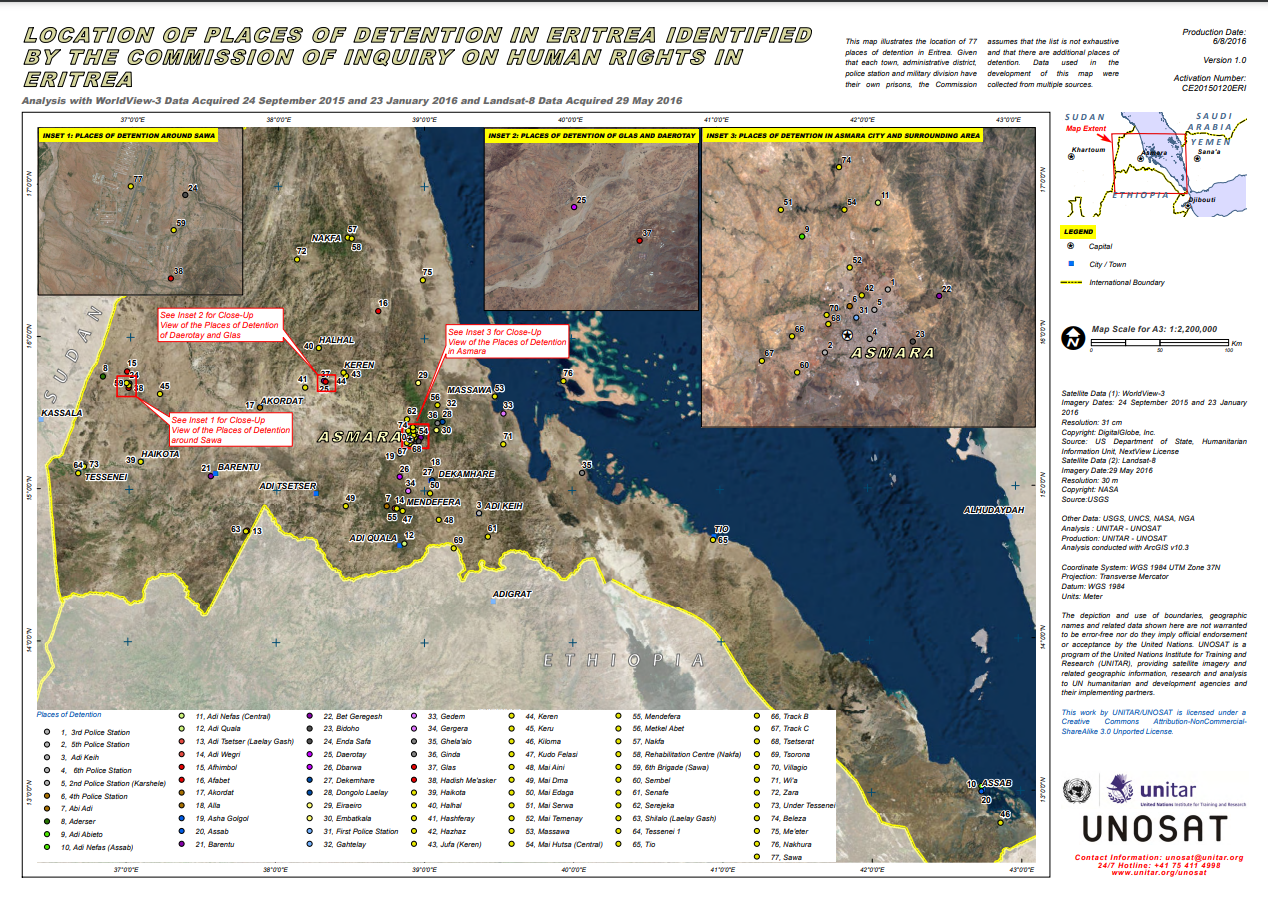
Research by Eritrean human rights groups suggests that there are more than 360 prison facilities in Eritrea. This interactive map lists some of the places of detention in Eritrea. The number of innocent people the Eritrean government has imprisoned is too many to name. In a report released on May 9, 2013, Amnesty International stated that Eritrea had about 10,000 prisoners of conscience since Isaias Afewerki’s leadership.
This number continues to increase as many people get imprisoned for unknown or unjustified reasons, never to be seen again. Many of these prisoners detained in inhumane conditions are believed to have died or are in grave conditions. Concerns have significantly grown this past year due to the Covid-19 pandemic, as prisoners are densely prisoned and kept in non-sanitary conditions.
Amnesty International put out a report in May 2020 about prison conditions in Eritrea from many testimonies it had gathered. Additionally, an undercover five-year investigation by Frontline PBS released a documentary in May of 2021 where secret footage of harsh prison conditions and torture against prisoners were recorded.
Families of Prisoners
The families of many of the prisoners have suffered immense pain from the loss of their loved ones to harassment from the government. Families continue to hold out hope that their loved ones are still alive and sane. As a young kid, Hanna Petros Solomon had her parents arrested in 2001 and 2003. She suffered imprisonment and torture leaving the country and is one of the few children of these prisoners who openly speaks about the pain she endures the broken hope she carries today.
In her interview with One Day Seyoum, she said, “I think before, I was naïve enough to hope that my parents will be out and it’d be fine. Now, I just hope they are mentally sane, at least functional enough that they can go through it or move past it,” as she breaks down in tears, expressing her fading hope that still holds on nonetheless.
Has the Eritrean government freed any prisoners it jailed?
The Eritrean government has freed a few prisoners then re-arrested them shortly after. Ermias Debessai, one of the founding members of EPLF and its representative in Europe for many years, was recalled from his posting in 1996 and arrested without trial until his release in 2003. But he was detained shortly again along with his sister in late 2003 and remains imprisoned. However, the release of the 28 Jehovah’s witness members after conscription of 26 years in December 2020 is perhaps the most prominent release by the government.
Although this gave hope to many Eritreans about government reformations and the continued release of innocent prisoners, Release International stated in March of 2021, that a total of 35 Christians were imprisoned in the middle of their prayers around the country. It further stated that the release of 171 Christians by the Eritrean government in the previous six months only gave a false sense of hope, but that the current wave of religious arrests proves the Eritrean government’s policy towards religious freedom had not changed. This was then followed by the imprisonment of the two elderly pastors in July.
What can you do to get involved?
Many organizations continue to speak out for Eritrean Prisoners of conscience. You can act now by joining one of these organizations to campaign and ask and demand the whereabouts of these prisoners and to continue to spread awareness about them. Some organizations that continue to speak out for these prisoners are Amnesty International, Reporters Without Borders, Release International, Committee to Protect Journalists, Reclaim Eritrea, and One Day Seyoum.
Below are the organizations you can join in enforcing change or in learning more about the prisoners of conscience.

